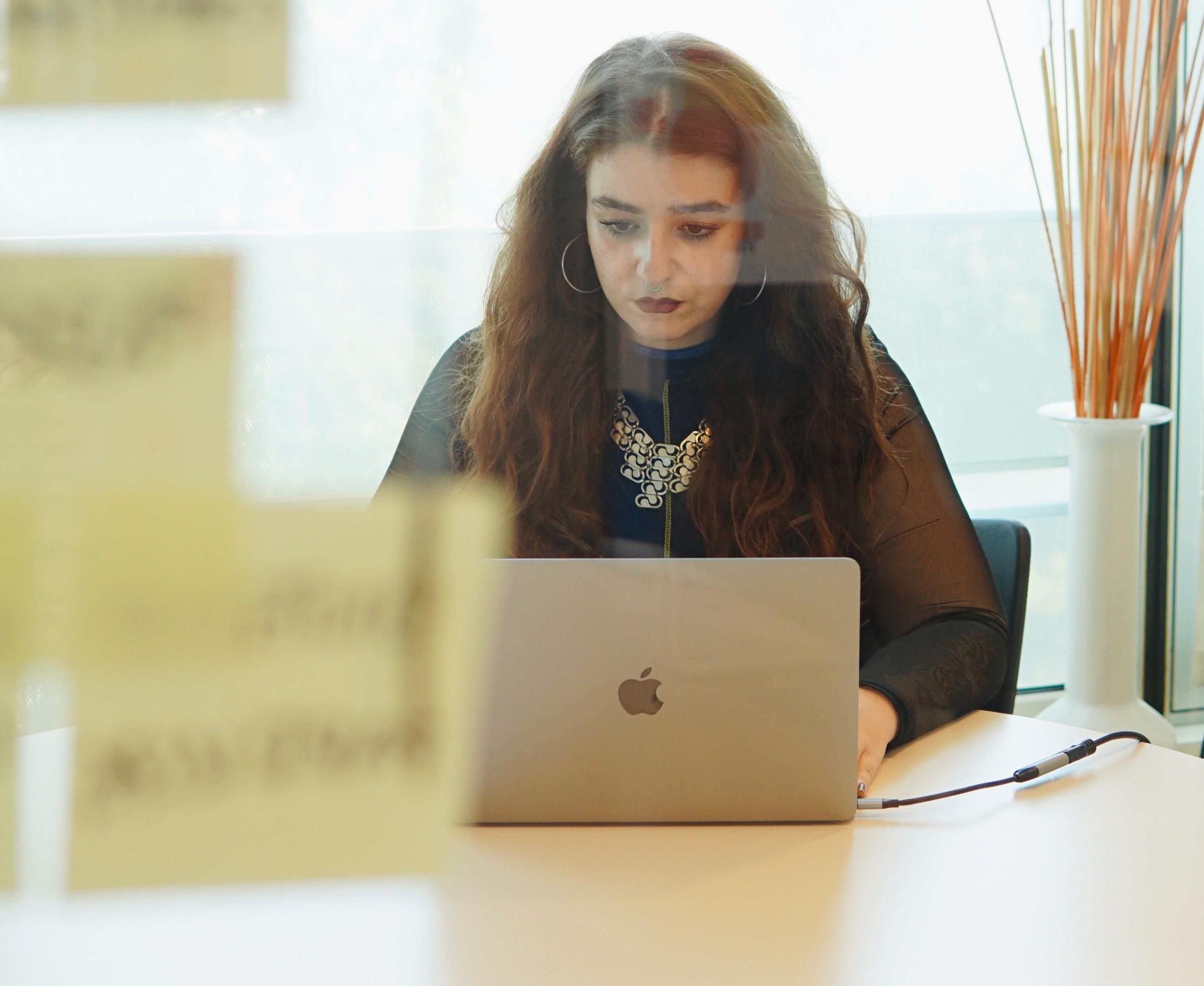Tips and techniques for GCSE revision
How to revise for your GCSEs
1. Create your timetable
Before you start creating your timetable, you should choose whether you work better with a paper timetable or a digital one. A written timetable, whether physical or digital, provides benefits such as manual tracking and easy modifications for those who prefer traditional methods. Conversely, digital timetables, like Google Calendar, offer versatility and convenience. Make sure you start your exam timetable at the beginning of the year and check the GCSE exam timetable to give yourself enough time to study the whole curriculum.
To tackle the daunting task of studying, you should divide larger subjects into smaller key topics. Instead of focusing on study duration, you should track your understanding and memorisation of specific topics. Develop a revision strategy by prioritising topics based on strengths and exam schedules, considering the exam specifications available online.
Save My Exams' comprehensive range of GCSE revision resources helps make revision more effective, helping you to prioritise active recall over passive learning. Test your knowledge with exam-style questions, flashcards, mock exams, past papers, revision notes and more.
2. How much time should you assign to each topic?
Based on the Pomodoro technique, studying in 25-minute intervals is recommended to maintain focus, with a maximum limit of 60 minutes to prevent mental fatigue. Emphasise the importance of incorporating adequate rest periods and days off into the study schedule. Breaks of 10-20 minutes in between study sessions, along with walks, are suggested.
3. Incorporate different study techniques
Incorporate a variety of high, medium, and low energy study techniques tailored to individual learning styles. High, medium, and low-energy study techniques offer a spectrum of options. High-energy tasks, like timed exam questions and essay writing, cater to intensive study sessions. Medium-energy activities, such as group study or answering practice questions without a time limit, strike a balance. Low-energy tasks, like watching review videos, provide a more relaxed learning experience.
4. Get Help: Find a tutor
Finally, a private tutor's assistance can provide personalised guidance. Tutors can focus on areas you may struggle to understand alone, review your practice papers and address specific challenges you may have. They can also help you create a plan of action for effective progress leading up to the exam. Regular check-ins and additional sessions are highlighted as valuable support mechanisms.

Effective study techniques
Whilst there's no one correct study method, there are certainly methods that work better for different people. When studying for your GCSEs, it's important to try a range of different study techniques and see which ones work best for you:
-
Pomodoro Technique: As previously mentioned, the Pomodoro technique involves dividing your study time into 25-minute intervals, known as "Pomodoros," followed by a 5-minute break. Once you have done four Pomodoros, you can take a longer 15-30 minute break. This method harnesses the power of focused bursts of energy to enhance concentration and productivity.
-
Active Recall: Active recall involves actively retrieving information from memory rather than passively reviewing. Quiz yourself on the material, create flashcards, or teach the concepts to someone else. This technique not only reinforces learning but also enhances long-term retention by engaging your brain in the recall process.
-
Chunking: Chunking is the process of breaking down large amounts of information into smaller, manageable sections or "chunks." Instead of trying to memorise a whole page of text, focus on understanding and memorising smaller groups of related information. This approach helps improve memory retention and makes it easier to grasp complex concepts by organising them into meaningful clusters.
-
Mind Mapping: Utilise mind maps to visually organise and connect information. Start with a central concept or topic and branch out into subtopics, summarising key ideas and relationships. This technique enhances creative thinking and aids in the visualisation of complex concepts.
-
Interleaved Learning: Instead of focusing on a single topic for an extended period, interleave your study sessions by alternating between different subjects or topics. This method challenges your brain to switch between contexts, promoting better long-term retention and a deeper understanding of each subject.
-
Self-Testing: Regularly test yourself on the material through practice quizzes, questions, or sample exams. Actively retrieving information from memory reinforces learning and helps identify areas that require further review. This technique is effective for self-assessment and enhancing overall comprehension.
Low, medium and high-energy studying
When designing your study sessions, make sure you take into account the energy that goes into different studying techniques and tasks. Ideally, you want to make sure that your GCSE revision timetable contains a range of low, medium and high-energy studying techniques. This will allow you to maintain a sustainable and productive study routine for your GCSEs.
Low-energy studying
- Review class notes
- Textbook revision
- Structed note-taking
- Watching videos about exam topics
Medium-energy studying
- Solve practice questions
- Group study
- Flashcards
- Mind maps
High-energy studying
- Timed mock exams
- Essay writing
- Private tuition
Finally, do not forget about your health. Maintaining a healthy lifestyle is essential to maximising your performance and ensuring that you do not burn out. Make sure you sleep, maintain a balanced diet and stay hydrated during your GCSE revision. Good luck with your GCSEs!
Related articles:


